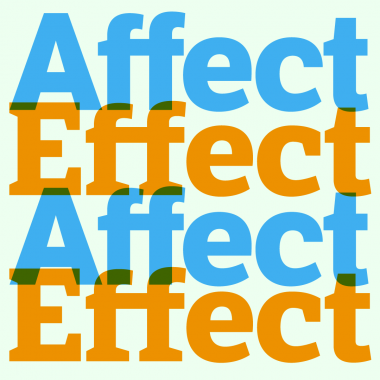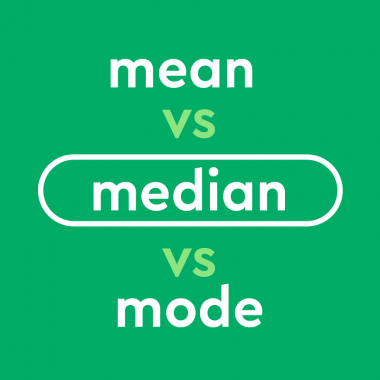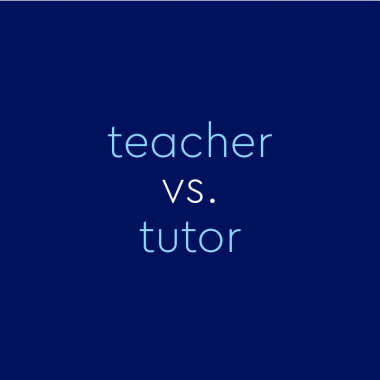What Are The Hardest Languages To Learn?
Learning a new language has many benefits. Not only are you able to connect with more people in this world and expand your cultural awareness, but as you learn a new language, you’re also training your brain. Language lessons can improve memory, concentration, problem-solving, and critical-thinking skills. According to most estimates, there are more than 7,000 languages spoken around the world—and as you consider which language …











